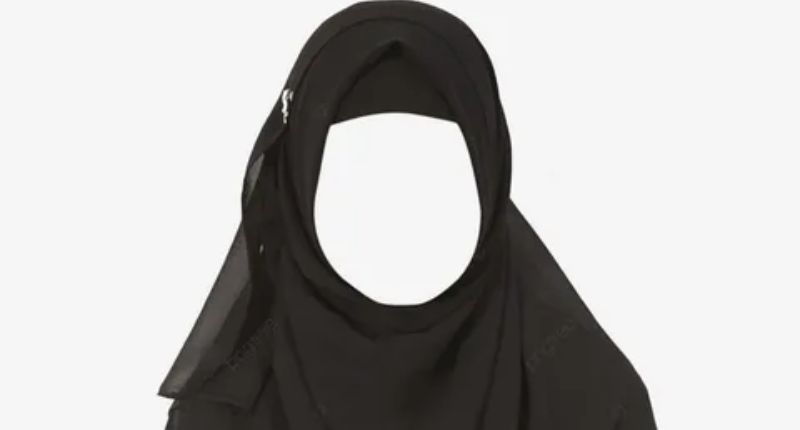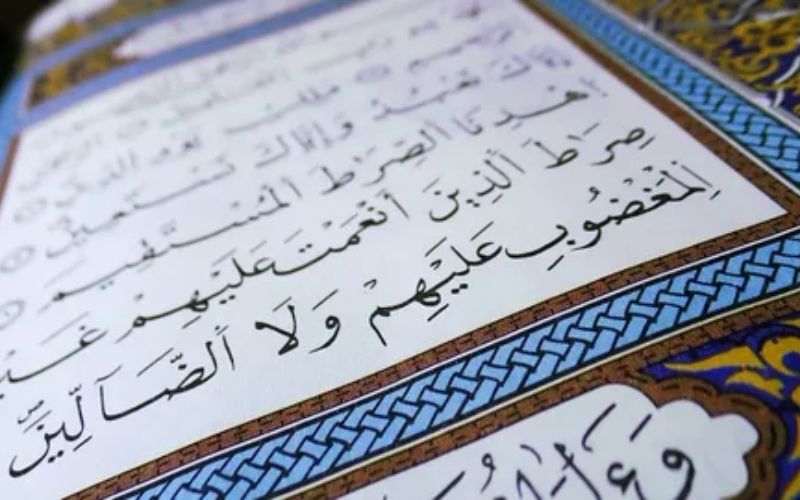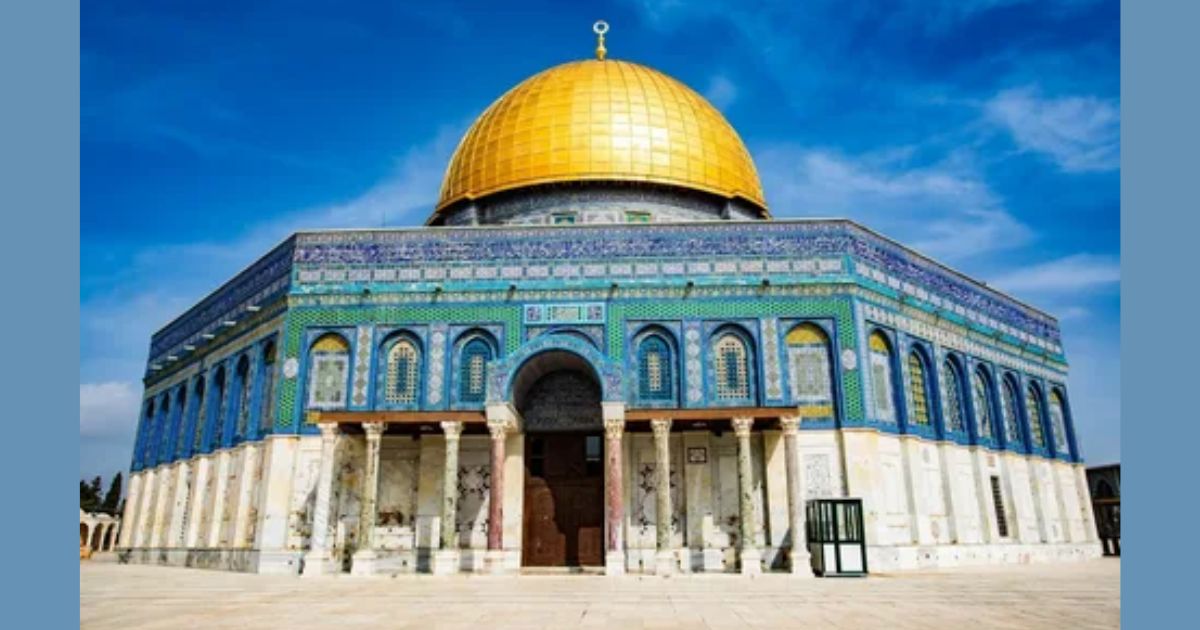Attending a funeral is always a solemn occasion that requires careful consideration of appropriate attire and behavior. When it comes to Muslim funerals, understanding the specific cultural and religious expectations becomes even more crucial.
This comprehensive guide will help you navigate the dress code and traditions of Islamic funerals with respect and dignity.
Why is Modest Clothing So Important for a Islamic Funeral?
Modesty in Islamic funeral attire goes beyond simple dress preferences – it’s deeply rooted in religious and cultural significance. In Islamic tradition, modest dress shows respect not only for the deceased but also for the sacred nature of the occasion.
The concept of modesty, or “haya” in Arabic, is fundamental to Islamic teachings and becomes particularly important during religious gatherings and ceremonies.
During a funeral, when prayers are being offered and religious customs observed, appropriate dress helps maintain the solemnity of the occasion and shows consideration for the grieving family.
What is the Modest Funeral Attire for Men?
For men attending a Muslim funeral, the dress code emphasizes simplicity and dignity. Men should opt for loose-fitting, long-sleeved shirts paired with dark-colored dress pants or trousers.
The clothing shouldn’t be flashy or attention-grabbing – think conservative business attire rather than casual wear. They will be dressed traditionally, such as in kaftans, in some parts of the world.
Avoid wearing shorts, tight clothing, or anything that might be considered too casual or disrespectful. The focus should be on maintaining a dignified appearance that allows for comfortable participation in prayer ceremonies.
Shoes
Smart shoes are essential while selecting footwear! The ideal footwear for males would be noiseless loafers or suit shoes; noisy or heavy-footed shoes should be avoided. Since you will need to remove your shoes during prayer, it is particularly crucial that you wear shoes that are simple to take off.
What is the Modest Funeral Attire for Women?
Women’s attire at Muslim funerals requires particular attention to modesty guidelines. Long, loose-fitting dresses or pants suits that cover the arms and legs completely are appropriate choices. The clothing should not be form-fitting or transparent.
A long skirt or dress paired with a loose-fitting top works well, ensuring that the outfit covers from neck to ankles. The key is to choose clothing that allows for respectful participation in prayer while maintaining modest coverage.
It is crucial to pack a shawl that can cover both your head and shoulders because women will also need to cover their shoulders.
Shoes
When selecting footwear, steer clear of excessive heels and opt for modest flat shoes. Instead, since you will need to take off your shoes during prayer, wear trendy, flat shoes that are easy to take off.
Why Clean Socks are a Must at a Muslim Funeral
An often overlooked but crucial aspect of Muslim funeral attire is the condition of one’s socks. Since attendees will need to remove their shoes during prayer times, wearing clean, presentable socks becomes essential.
This might seem like a minor detail, but it reflects respect for the sacred space and consideration for others. Choose dark-colored socks without holes or obvious wear, and ensure they’re clean and well-maintained.
The Importance of Head Covering at a Muslim Funeral
Head covering holds special significance in Islamic traditions, particularly during religious ceremonies. Both men and women are expected to cover their heads during the funeral service.

Women should bring a scarf or hijab to cover their hair completely, while men might wear a traditional cap or use a simple head covering provided at the mosque. This practice symbolizes humility and respect during the religious service.
What Colors to Wear to a Muslim Funeral
When selecting colors for funeral attire, opt for subdued, conservative choices. While black is commonly worn at funerals across many cultures, other dark or neutral colors are also appropriate for Muslim funerals.
Navy blue, dark grey, or brown are all acceptable choices. Avoid bright colors, patterns, or anything that might draw attention away from the solemnity of the occasion.
Basically, wear something dark-toned, simple, straightforward, and most importantly, modest.
What Accessories Should You Wear to a Muslim Funeral
Accessories should be kept minimal and understated at Muslim funerals. Simple jewelry that doesn’t draw attention is acceptable, but avoid anything flashy or noisy that might distract during prayers.
Women should choose modest accessories that complement their head covering, while men might wear a simple watch or wedding ring. Remember that the focus should be on the ceremony and remembrance, not on personal adornment.
The Importance of Enquiring About the Funeral Before Attending
Before attending a Muslim funeral, it’s wise to gather information about specific expectations or requirements. Different communities might have varying customs or preferences, and some services might be gender-specific.
Reaching out to the family or funeral organizers shows respect and helps ensure appropriate participation. Don’t hesitate to ask about dress code specifics, timing, and any other relevant details.
What Does The Process Of a Muslim Funeral Look Like?
Islamic funerals follow a specific sequence of events that honor both religious traditions and the deceased. Each step carries deep spiritual significance and brings comfort to the grieving family. Let’s explore the meaningful journey from before death through to the final burial rites.
Before Death
When a Muslim person is near death, family members and loved ones gather to offer comfort and prayers. They gently encourage the dying person to recite or hear the Shahada (declaration of faith).

Islamic tradition teaches that these final moments are crucial for the soul’s journey, so creating a peaceful, prayer-filled environment becomes paramount.
Right After Death
Immediately following death, those present close the deceased’s eyes and face them toward Mecca. Family members begin making funeral arrangements quickly, as Islamic tradition calls for burial within 24 hours whenever possible. They’ll contact the local mosque and begin notifying community members.
Preparing the body
The preparation of the deceased follows strict Islamic guidelines that emphasize dignity and respect. Only designated members of the same gender handle the body, unless the deceased is a child or a spouse. This sacred duty requires knowledge of traditional Islamic practices and utmost gentleness.
The Cleaning Process
Known as Ghusl, this ritualistic washing purifies the body for its final journey. Warm water, sometimes mixed with lotus or camphor, cleanses the body three times from right to left. Those performing the washing maintain absolute confidentiality about any marks or features they observe, protecting the deceased’s dignity.
Putting The Body In a Shroud
After cleaning, the body is wrapped in simple white cloth called the “kafan”. Men typically use three pieces of cloth, while women use five. This shrouding symbolizes the equality of all humans before Allah and reminds mourners of life’s temporary nature.
Body Placement
The wrapped body rests on a clean surface, usually elevated, facing the direction of Mecca. This positioning prepares the deceased for the funeral prayers and maintains their dignity throughout the remaining ceremonies.
Prayer

The Salat al-Janazah (funeral prayer) differs from daily prayers – mourners stand together without the usual bowing or prostrating. This congregational prayer seeks mercy for the deceased and reminds the living of their own mortality. Unlike regular prayers, this one remains brief but deeply meaningful.
Carrying The Body To The Muslim Burial Ground
Community members take turns carrying the funeral bier to the burial site, considering it a great honor to participate. Traditionally, they walk at a moderate pace, maintaining reverence and dignity throughout the procession.
After The Islamic Burial
Following burial, mourners offer final prayers for the deceased’s soul. The grave is raised slightly above ground level and marked simply.
Family members begin a period of mourning, during which community support becomes especially important. Many gather to provide meals and comfort to the bereaved family for several days.
How Long Does an Islamic Funeral Last?
Islamic funerals typically proceed quickly after death, following the religious principle of burying the deceased as soon as possible. The actual funeral prayer service (Salat al-Janazah) is relatively brief, usually lasting 20-30 minutes.
However, the entire process, including burial ceremonies, might take several hours. It’s important to arrive on time and be prepared to stay through the entire service as a sign of respect.
Islamic Funeral Etiquette
- Avoid physical contact with members of the opposite sex, including handshakes or hugs when offering condolences
- Don’t take photographs or videos during any part of the funeral service
- Refrain from eating, drinking, or smoking near the prayer area
- Avoid stepping over or walking in front of people who are praying
- Wait for immediate family members to leave first after the prayer service
FAQs
What color should you wear to a Muslim funeral?
Dark, subdued colors are most appropriate. While black is common, other modest colors like navy, dark gray, or brown are also acceptable.
What is appropriate attire for a janazah (funeral prayer)?
For the janazah prayer, wear modest, loose clothing that allows for comfortable movement during prayer. Shoes should be easy to remove, as you’ll need to take them off for the prayer.
Are non-Muslims allowed at Islamic funerals?
Yes, non-Muslims may attend Islamic funerals. They’re welcome to observe the proceedings and participate in appropriate ways to show respect for the deceased and their family.
What is the Islamic burial time limit?
Islamic tradition encourages burial as soon as possible after death, ideally within 24 hours. However, this may vary depending on local regulations and practical considerations.
Do Muslim women attend Islamic funerals?
This varies by cultural interpretation and local customs. In some communities, women attend funerals fully, while in others, they may participate in home gatherings rather than graveside services.
Is Cremation accepted in the Islamic faith?
No, cremation is not permitted in Islam. Islamic law requires burial of the deceased, as the body is considered sacred and should return to the earth naturally.
More Posts:
